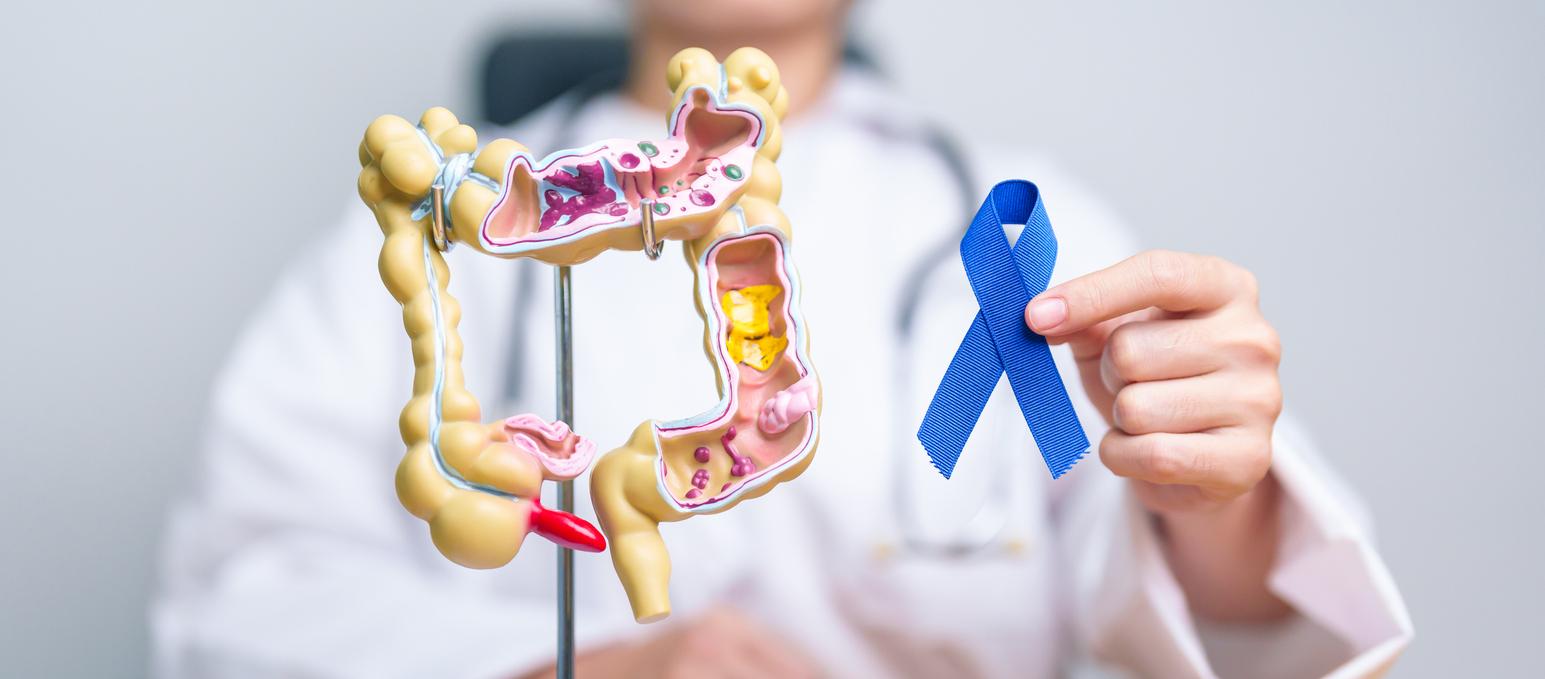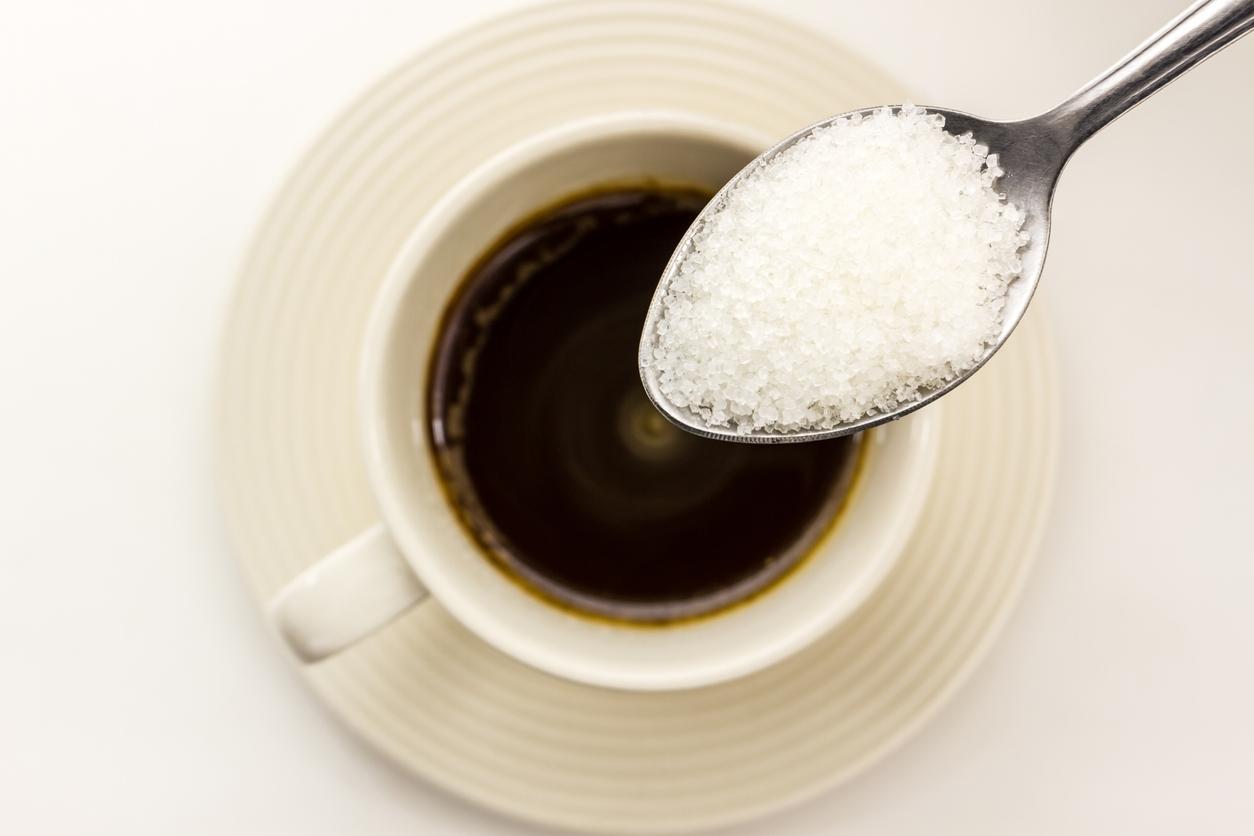The daily consumption of sodas, fruit juices or other sugary drinks, during adolescence or early adulthood, is associated with a higher risk of colorectal cancer before the age of 50.

- Excess sugary drinks in adolescence increases the risk of cancer before age 50 in women
- the risk of colorectal cancer can be multiplied by 2
Sugary drinks are bad for your health, and that’s no surprise. A high consumption is associated with a higher risk of overweight, diabetes or even cardiovascular problems. A study from the University of Washington School of Medicine points to another consequence: higher risks of colorectal cancer. In the newspaper gutits authors explain that a high consumption of sugary drinks during adolescence and/or early adulthood is associated with an increased risk of colorectal cancer before the age of 50, in women.
More early cancers
“Colorectal cancer remains relatively rare in young adultspoints out Yin Cao, the main author of this research, but its rate has continued to increase over the past thirty years, and we do not understand why, it is a major public health problemThe researcher had previously investigated the consequences of an unbalanced diet on the risk of early colorectal cancer. In this new research on sugary drinks, Yin Cao and his team used information from a database: at In total, this represented more than 115,000 women, of whom 109 developed early colorectal cancer, that is to say before the age of 50.
Double the risk
Women who consumed at least two servings, or about 40 cl, of sugar-sweetened beverages daily during adolescence or early adulthood had a risk of early colorectal cancer twice as high, compared to women who consumed less 20 cl per day. According to the statistics developed by this scientific team, each 20 cl sugary drink increases the risk of early colorectal cancer by 16% and by 32% when consumption concerns women aged 13 to 18. “We recommend that people avoid consuming sugary drinks and favor drinks such as milk or coffee with no added sugar.“, concludes Yin Cao.
What is colorectal cancer?
The term refers to two pathologies: cancer of the colon and that of the rectum. In most cases, the disease is caused by a polyp adenoma. “These benign tumors are very common and generally remain harmless.precise the national cancer institute, but 2 to 3% of them develop, grow and eventually turn into cancer.” It usually takes more than ten years for the polyp to develop into cancer. Each year, it is diagnosed in about 20,000 women and 23,000 men.

.

















